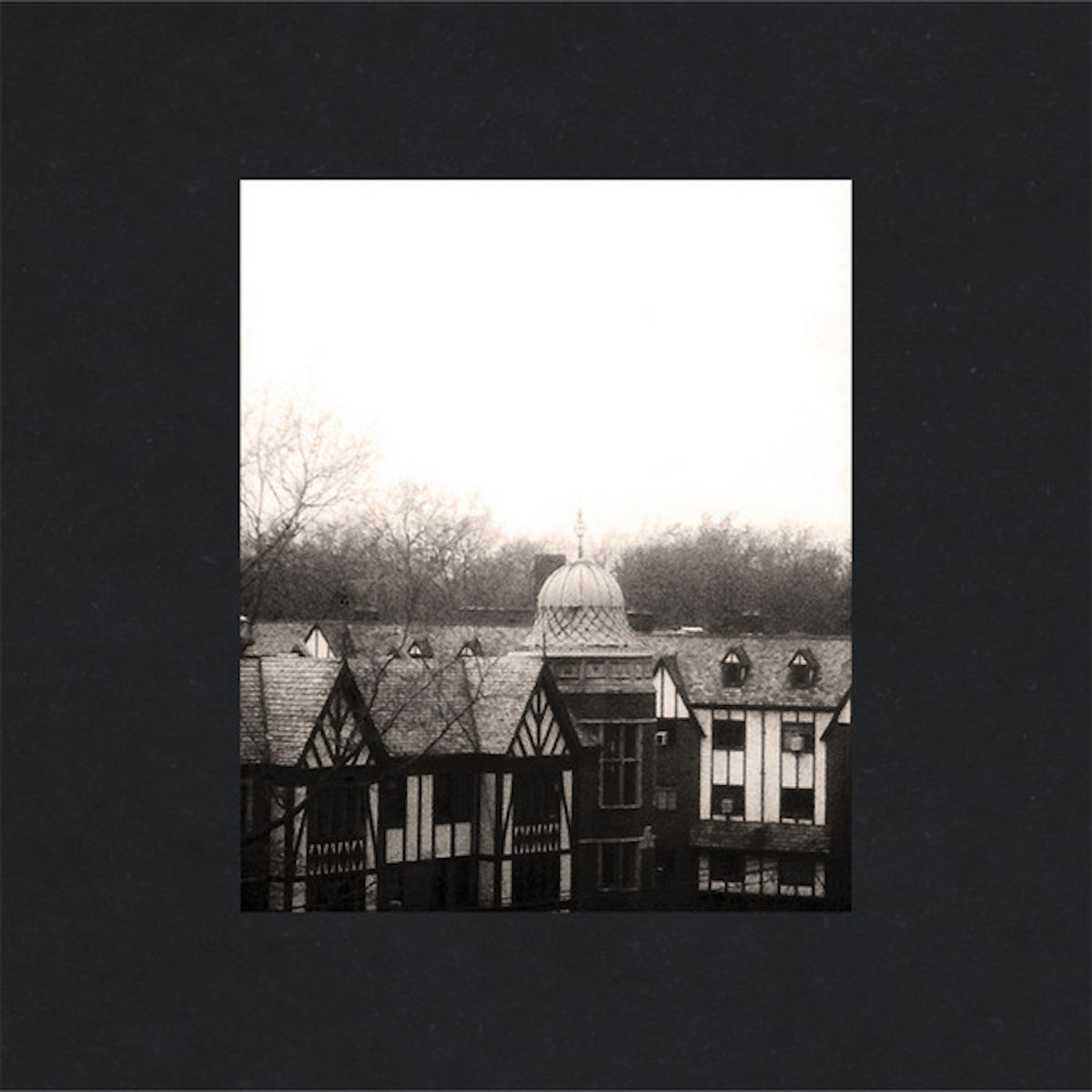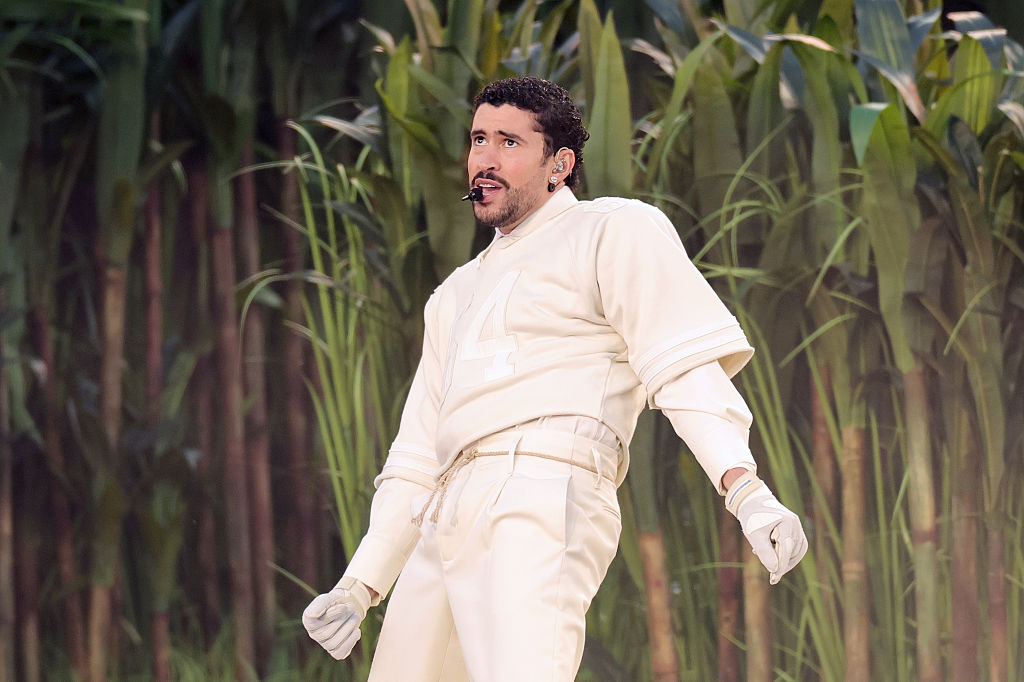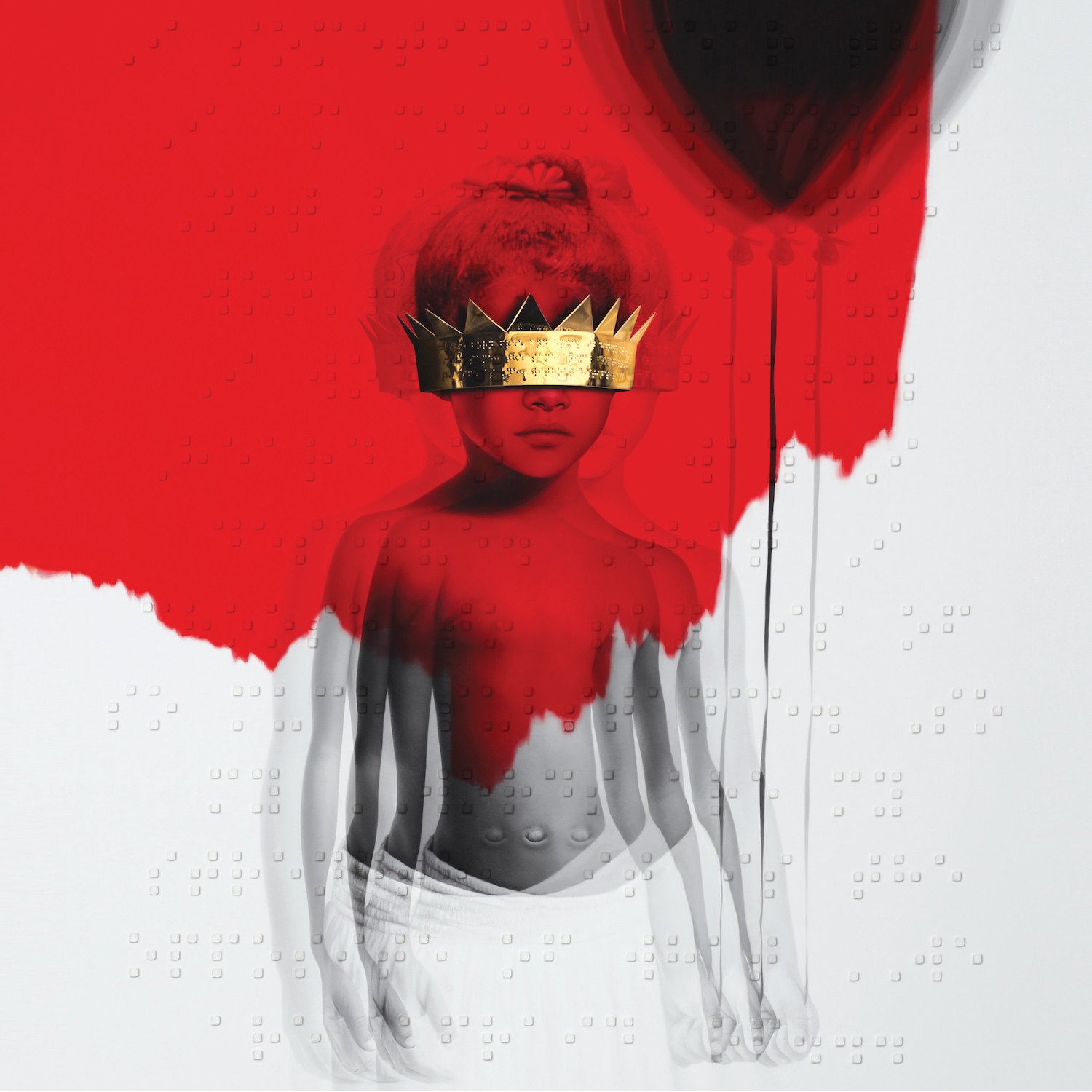- Carpark
- 2014
Dylan Baldi must have been taking the piss. Either the Cloud Nothings mastermind was messing with the public, or he was kidding himself about the album he'd just made. "I was feeling pretty good about everything so I just made stuff that made me happy," Baldi says in the promotional copy for Here And Nowhere Else, released 10 years ago today. "I had nothing to be angry about really so the approach was more positive and less 'fuck everything.' I just sat down and played until I found something that I like, because I was finally in a position to do that."
Baldi probably was riding high while making this LP. He was coming off the breakthrough success of 2012's Attack On Memory, the album that transformed Cloud Nothings from a lo-fi guitar-pop buzz band into scraping, aggressive rockers with trend-resistant staying power. At a time when many indie bands were attempting to rebrand as electronic pop or R&B artists, Cloud Nothings established themselves as vital counterprogramming for listeners who still unabashedly loved to rock. "Guitars, man," Baldi told SPIN in 2014. "There aren't many bands that are all about the guitars right now."
In hindsight, the Attack On Memory glow-up only delayed the onset of post-hype normalcy that comes for most critical darlings eventually. Here And Nowhere Else was rightfully greeted as another stellar offering, but within a few more years, the clamor surrounding Cloud Nothings would quiet down, and the Best New Music raves would level out into the kind of muted appreciation that greets narrative-averse workmanlike professionals every time they kick out another eminently solid record. But Baldi had set himself on something like a sustainable trajectory — certainly compared to most of his peers from that post-Wavves, post-Times New Viking moment — and in 2014 his band still had an intangible cool factor going for it.
From the outside looking in, Baldi had every reason to be happy heading into Here And Nowhere Else. Still, it's hilarious that he would try to pass off such a distressed, misanthropic set of songs as joyful. Opener "Now Hear In," which I guess is Baldi's version of a love song, rapidly builds from urgently strummed guitar to an unceasing flood of music, carrying along sentiments about feeling his partner's pain, the absence of some former realness, and the strange prospect of a normal life. If the sentiment there could loosely be interpreted as positive, just look at these lyrics from the next five tracks: "No one wants to hear everyone complain/ Maybe if it's holding me insane"; "I'll never be healed, it's hard to explain/ Psychic trauma returns with age"; "I'm not going to move forward/ I don't want you here/ I need a reason, I don't hear it/ Now I just see fear"; "I'm losing it, what do I care/ I'm losing it, what do I care/ I'm losing it, what do I care/ I'm losing it, what do I care"; "You're born, you're gone/ You're born, you're gone/ You're born, you're gone/ You're born, you're gone."
I should be clear here that this album brings me immense joy as a listener. How could I not be elated by a taut, catchy 31-minute adrenaline rush on which every song hits like a middle linebacker who's about to be ejected for targeting? A decade later, Here And Nowhere Else still takes my breath away and tingles my spine. It easily stands as one of the finest rock records of the 2010s, and I mean Baldi no harm by poking fun at his press bio. I'm just laughing at the dissonance between the music and his framing of it, because when I loaded up Bandcamp to revisit the record I couldn't believe what I was reading.
On that note, another head-scratcher from this album's chief architect: "It's more subtle. It's not just an in-your-face rock record. There's more going on. You can listen to a song 20 times and still hear different little things in there that you didn't notice before. Every time I listen I notice something that I didn't even realize we did." It's entirely possible that after working with the notoriously spartan Steve Albini on Attack On Memory, Baldi was pleased to discover producer John Congleton infusing his recordings with just as much visceral power while also allowing for greater nuance within the ruckus. It's true enough that you can hear layer upon layer of guitar in the antisocial blowout "Quieter Today." But who, exactly, is listening to Here And Nowhere Else for its nuance? The best thing about this album is how ridiculously hard it goes.
By this point Cloud Nothings had evolved into kings of the rocket-fueled blast-off. Cutting a path between the Wipers and the Replacements toward some nebulous power center at the intersection of punk and indie rock, the band bashed out three-chord rock songs with incomparable force and fury. Each track was laced with melancholy melody, though sometimes, when the music was engulfed in a distortion inferno, Baldi would shift his ragged singing voice into screams and roars. His guitars struck a similar balance between infectious and explosive, and bassist TJ Duke rumbled beneath the surface of the mix, driving songs like "Pattern Walks" forward toward the horizon line. But the secret sauce on these tracks is undoubtedly Jason Gercyz, who batters his drums with startling vigor. Such sonic violence can elevate even pedestrian rock songs to greatness, so when you're as in-the-zone as Baldi was at the time, you're bound to end up with a classic with a player like Gercyz behind the kit.
It's instructive that, in that SPIN feature, Puja Patel noted that Baldi could rarely be spotted without a cup of coffee in hand. He's said that he wrote each song on Here And Nowhere Else in a separate country, thanks to the whirlwind touring schedule that goes along with indie-rock acclaim, but the album never feels worn down by the road. Instead, it's got an anxious volatility to it, as if every instrument is as on-edge as Baldi seems to be. That energy comes through on simple, direct songs like "I'm Not Part Of Me," the band's biggest streaming hit, and it goes nuts on tracks like the haunted freakout "Just See Fear." I'm not sure Cloud Nothings have ever been better than on "Psychic Trauma," when an ostensible pop song escalates into an unhinged barrage. It sounds pretty "fuck everything" to me, and it never fails to elicit a "fuck yeah."






